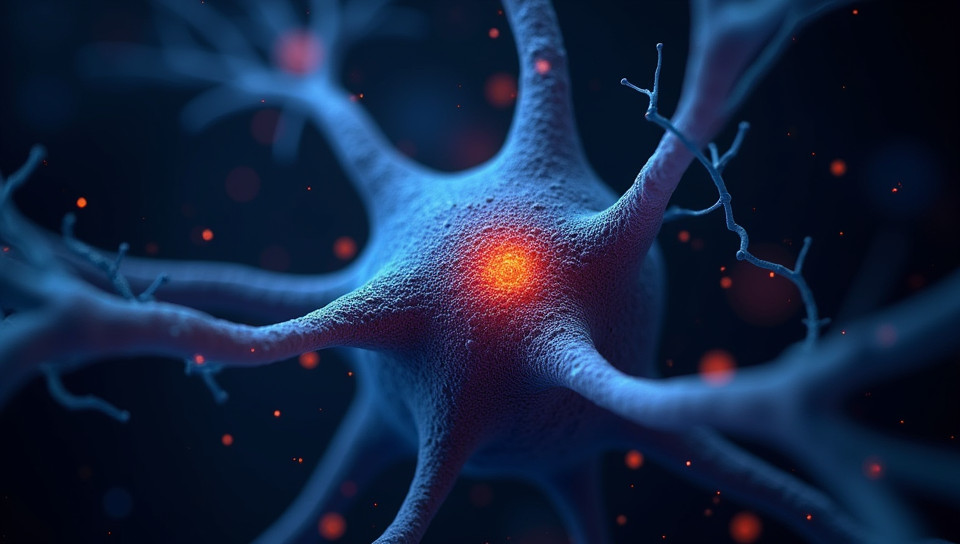Light-sensitive proteins control neurons in optogenetics 97%

Optogenetics: The Power of Light-Sensitive Proteins to Control Neurons
In recent years, the field of neuroscience has witnessed a revolutionary breakthrough in understanding and manipulating brain function. This is largely due to the advent of optogenetics, a technique that allows scientists to control neurons with light-sensitive proteins. The possibilities this technology offers are vast, and researchers worldwide are exploring its potential applications.
What Are Light-Sensitive Proteins?
Light-sensitive proteins are proteins that respond to specific wavelengths of light by changing their structure or activity. In the context of optogenetics, these proteins are genetically engineered to be expressed in neurons, allowing scientists to selectively activate or silence them using precise pulses of light.
How Do Light-Sensitive Proteins Work in Optogenetics?
- They are typically introduced into neurons through viral vectors.
- The proteins are then targeted to specific cell types or regions of the brain.
- When exposed to light of a particular wavelength, the protein undergoes a conformational change that either activates or inhibits the neuron.
Applications of Optogenetics
Optogenetics has far-reaching implications for our understanding of neurological disorders and offers promising avenues for treatment. Some potential applications include:
- Treating epilepsy by selectively silencing seizure-prone neurons.
- Investigating Parkinson's disease by manipulating dopamine-producing neurons.
- Developing new treatments for depression by targeting specific neural circuits.
The Future of Optogenetics
As research continues to advance, we can expect to see even more sophisticated techniques emerge. For instance, scientists are working on developing optogenetic tools that allow for high-speed control over large populations of neurons. This will enable researchers to study complex behaviors and neural networks in unprecedented detail.
In conclusion, the power of light-sensitive proteins to control neurons has opened up new avenues for understanding the brain and treating neurological disorders. As this field continues to evolve, we can expect groundbreaking discoveries that will transform our understanding of human cognition and behavior.
- Created by: Sofia Mendoza
- Created at: Dec. 27, 2024, 12:12 p.m.
- ID: 17114









